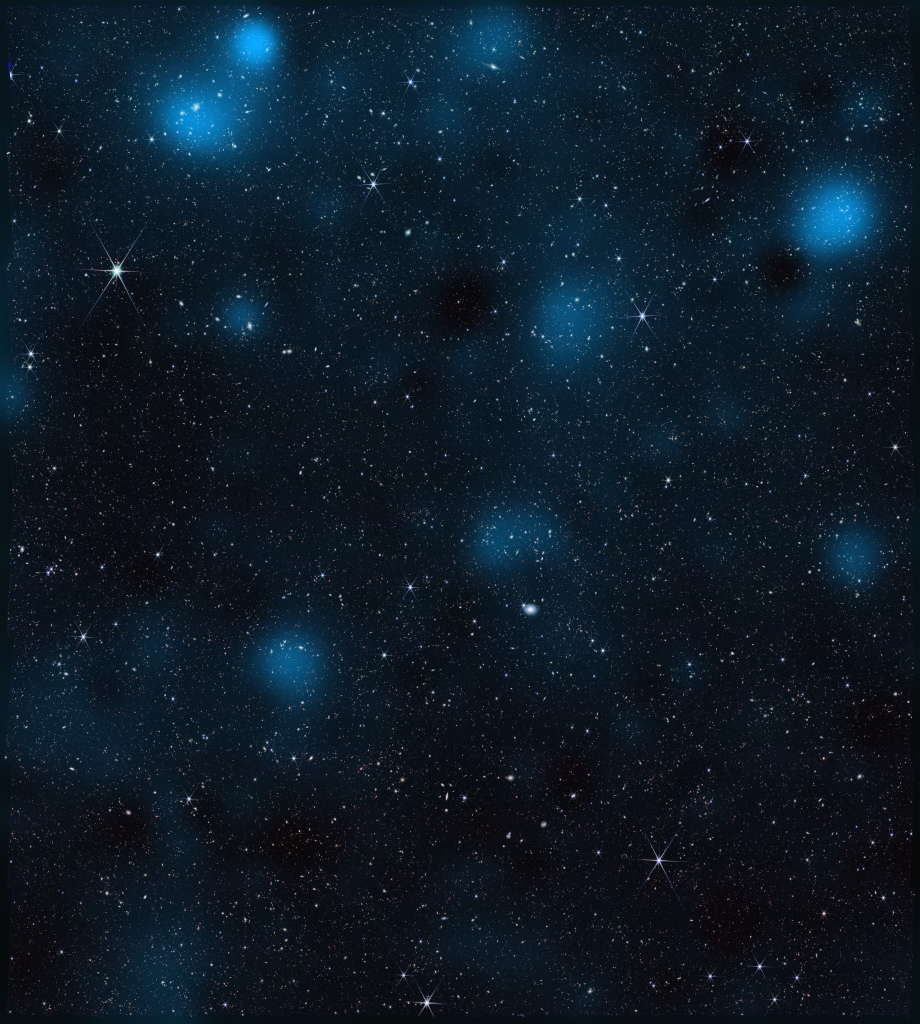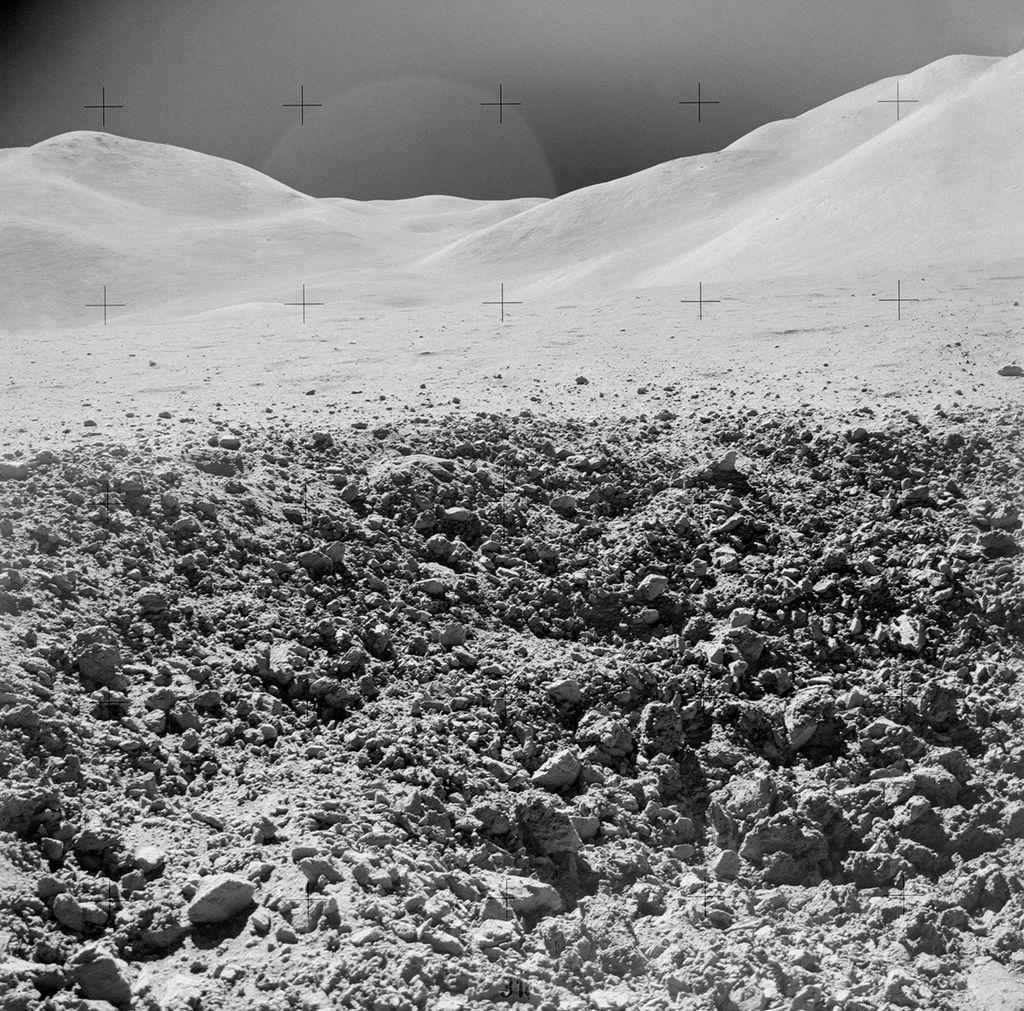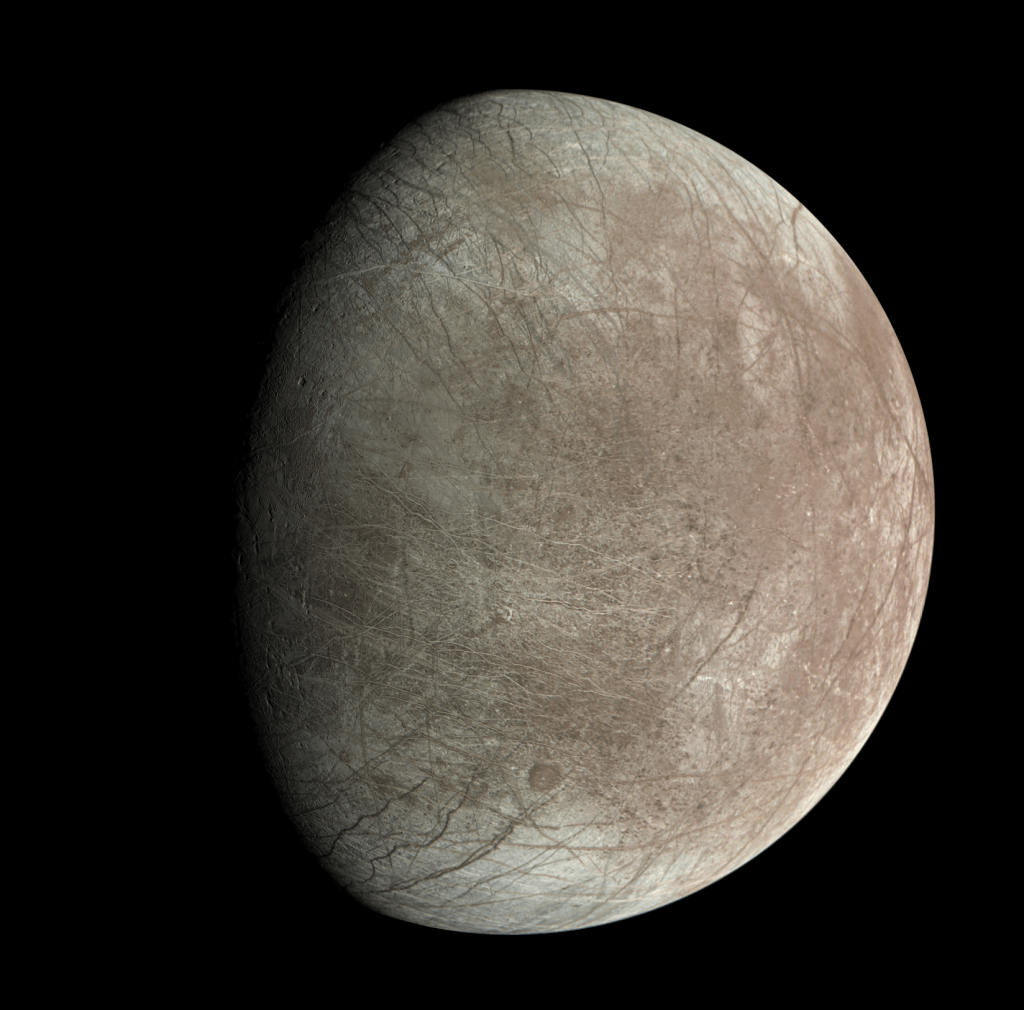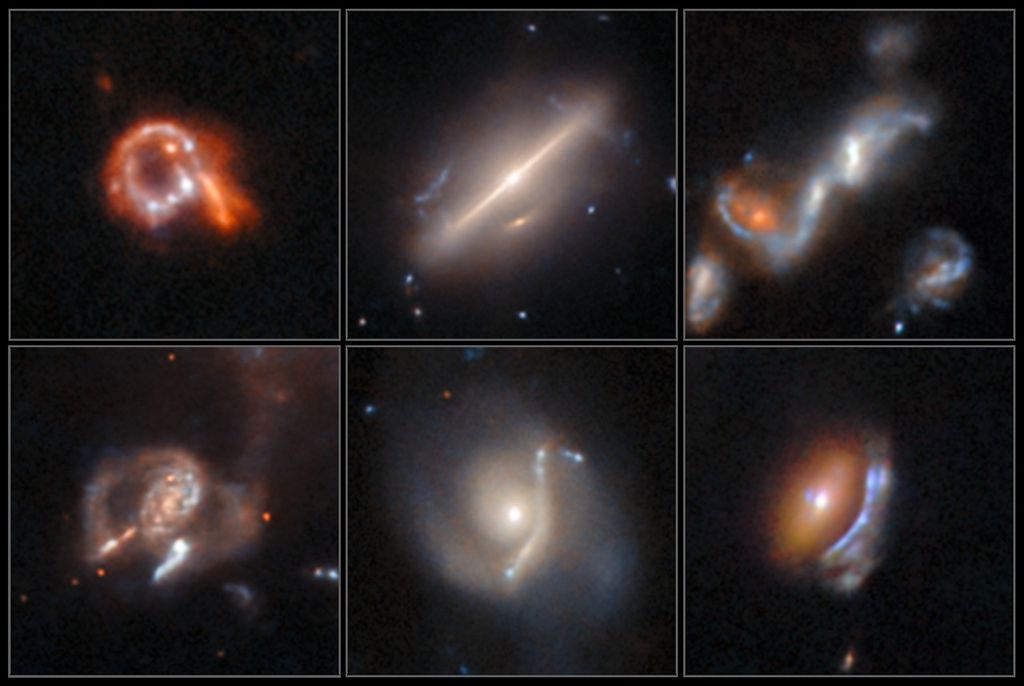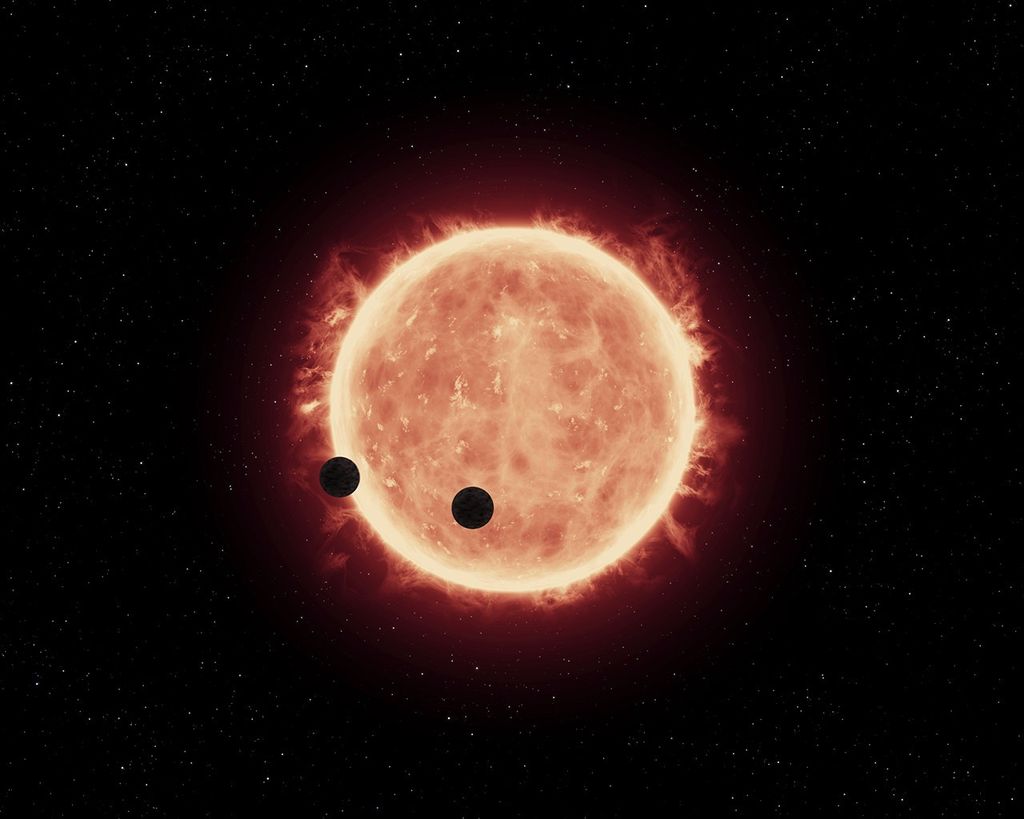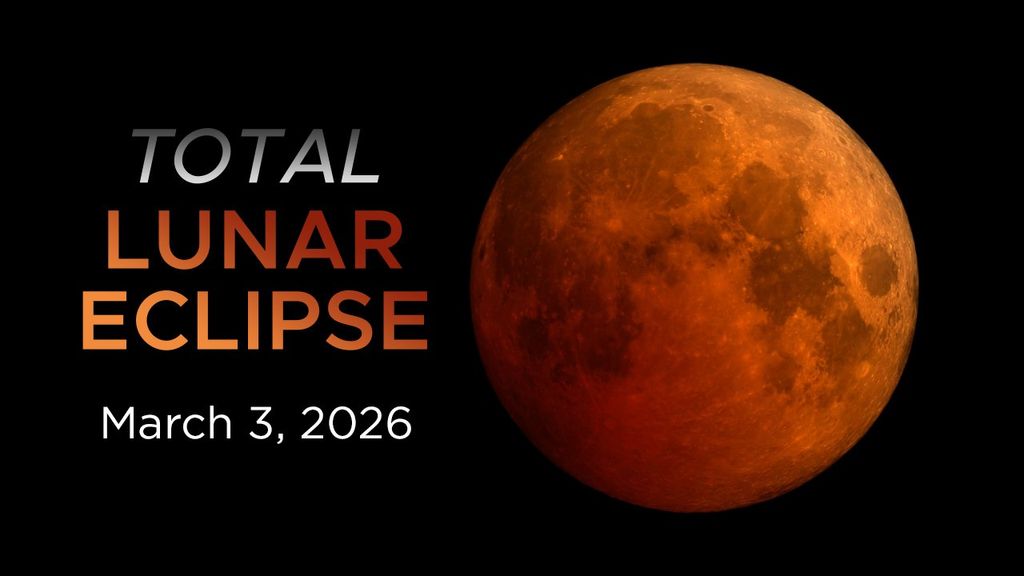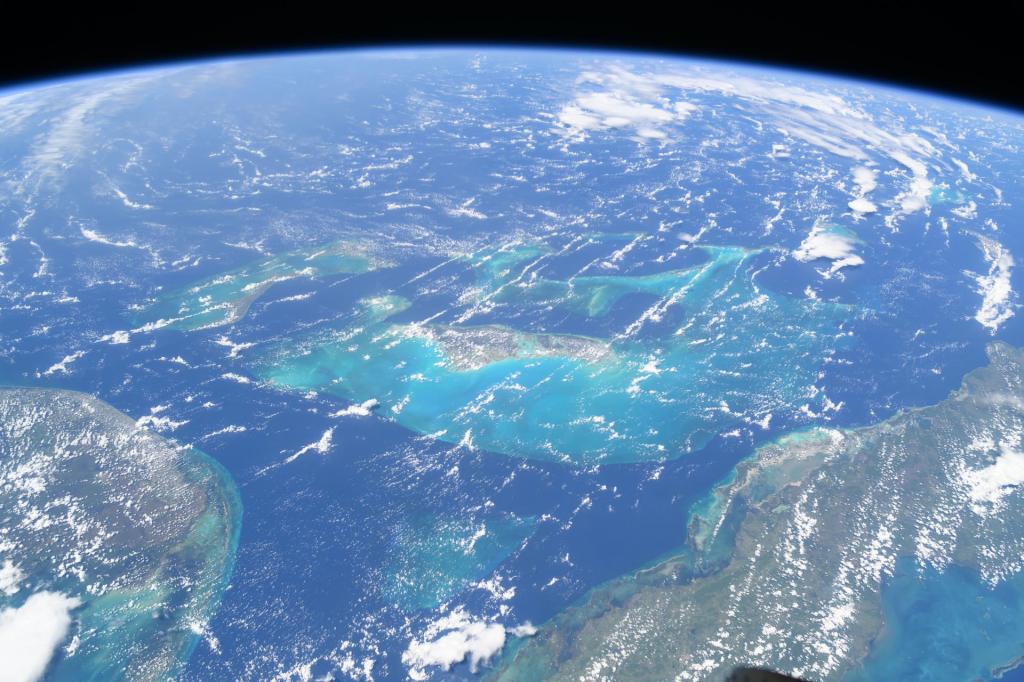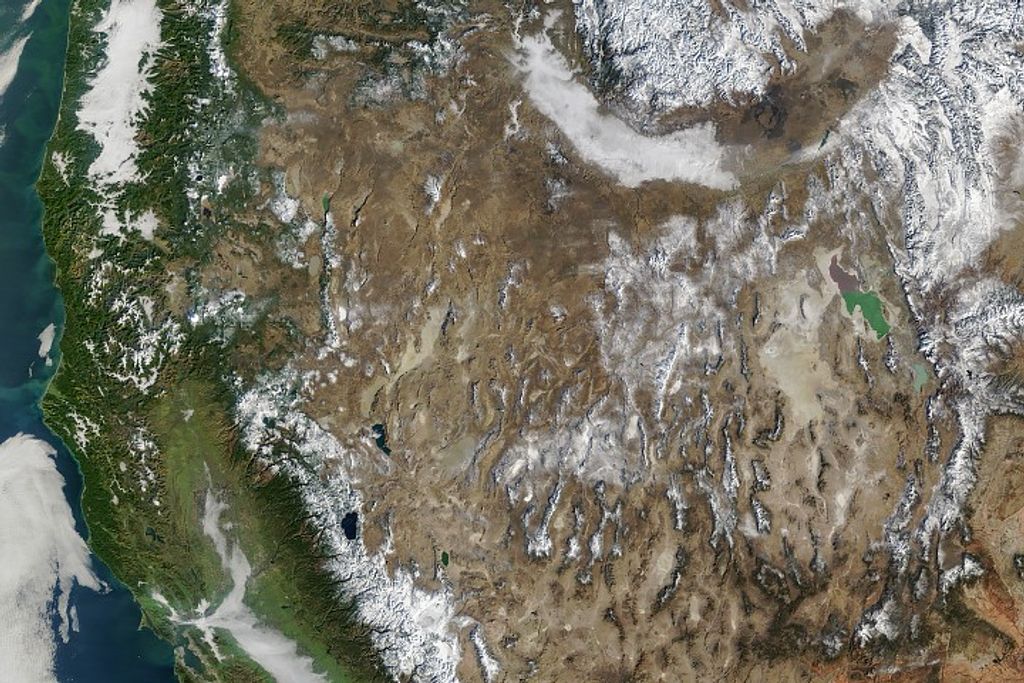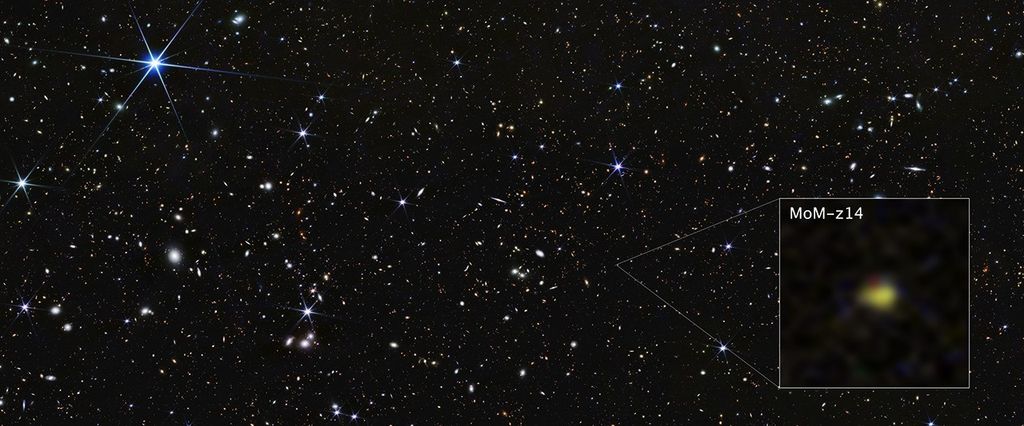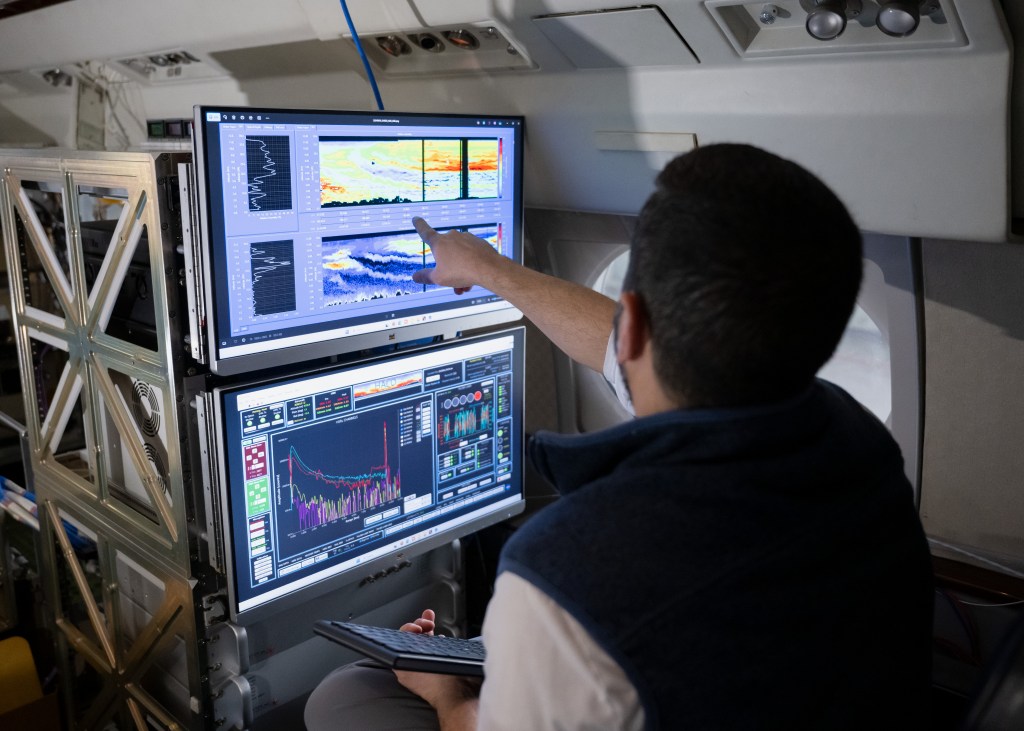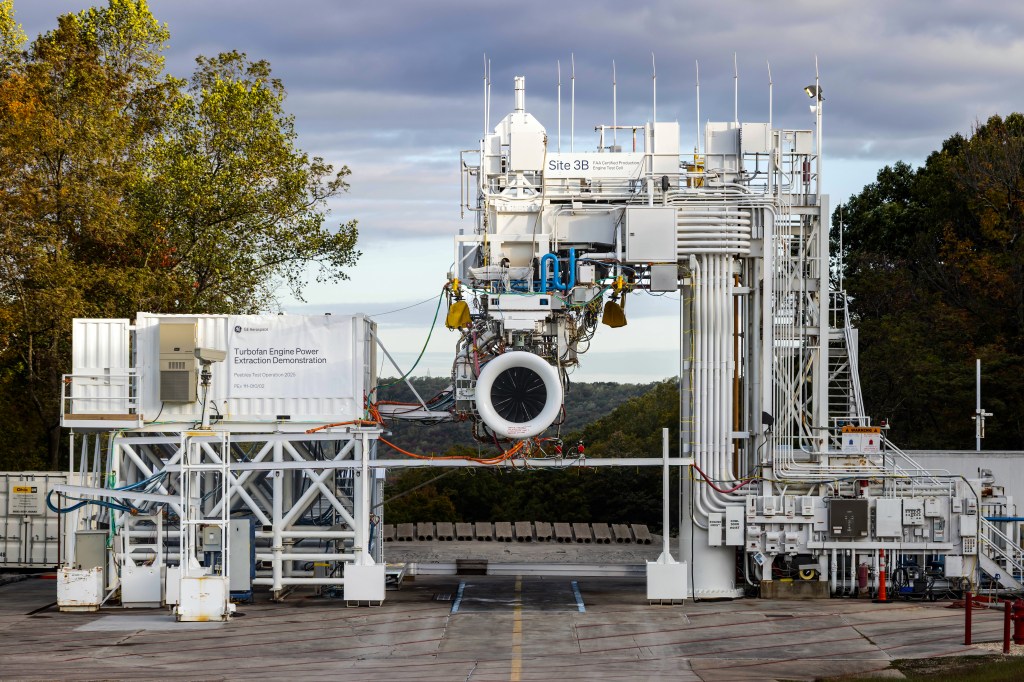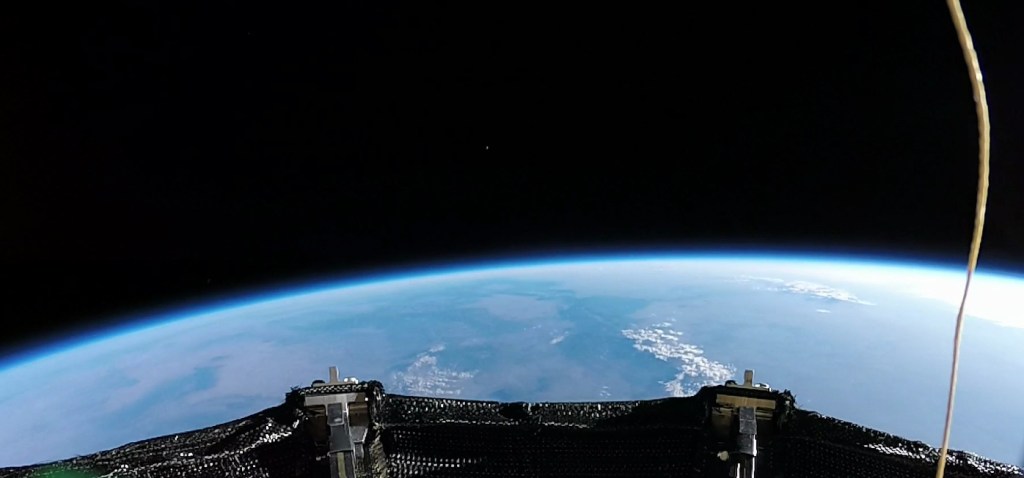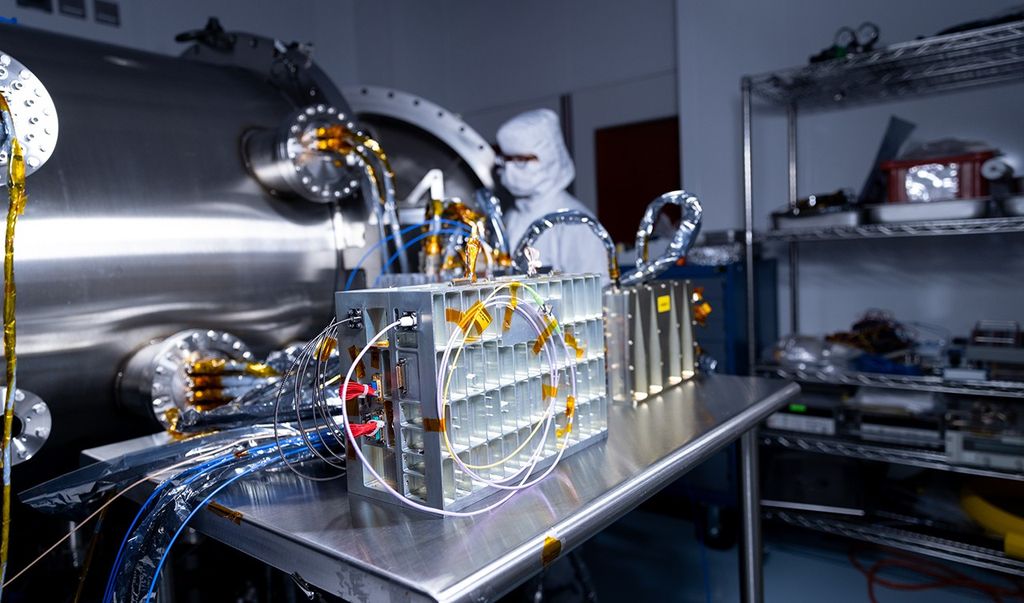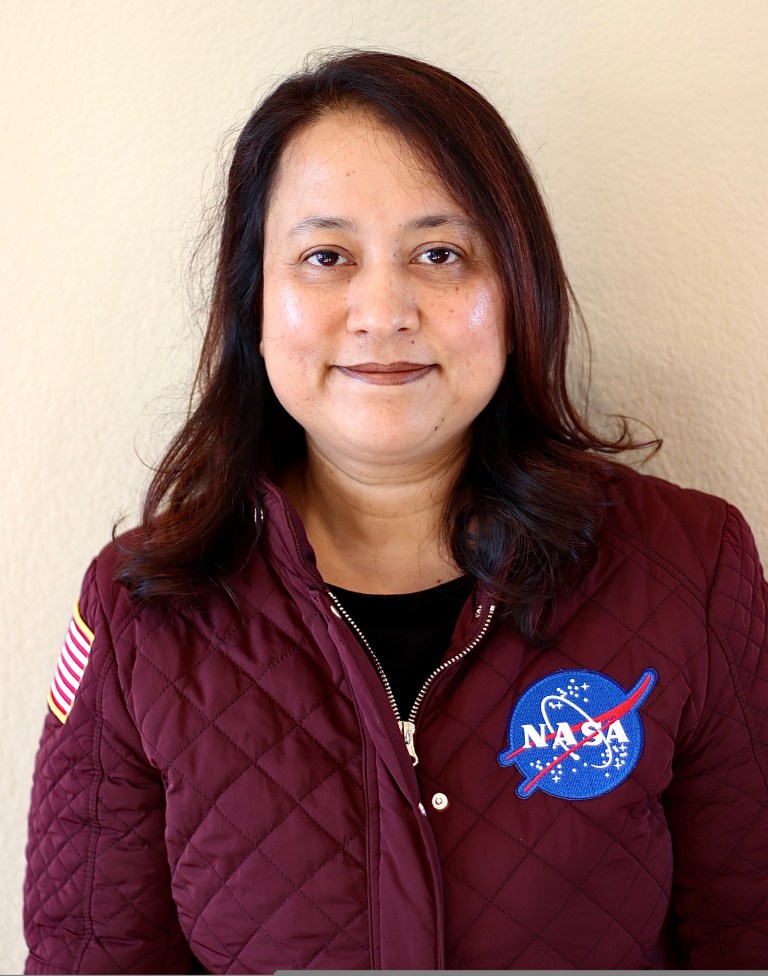
Naseem Rangwala
Chief, Astrophysics Branch
Affiliation: NASA Ames Research Center
Email: naseem.rangwala@nasa.gov
Phone: 650-604-4079
Professional Biography
Dr. Naseem Rangwala is the Chief of the Astrophysics Branch at NASA’s Ames Research Center since March 2023. She has also been serving as the NASA Project Scientist for the SOFIA airborne observatory since 2019, which ended science operations in September 2022. During her tenure on SOFIA, Naseem worked closely with NASA HQ, Ames and Armstrong center management, the German space agency, DLR, and the astrophysics community and advisory groups. Naseem grew up in a small town called Udaipur in India. At the age of 15, she got interested in space and that started her long journey from India to NASA Ames, CA. Naseem arrived at Ames in January of 2013 as a visiting postdoctoral scientist going on to become the NASA postdoctoral program fellow in 2015. I this role she performed research with the members of Ames astrophysics branch to identify new molecules in space using Ames generated quantum computational spectra. In 2017, she started assisting the SOFIA mission first as an associate and then as the deputy project scientist.
Naseem’s current research focuses on observational astrochemistry. She is leading the effort to build a large database of observed molecular transitions from infrared space missions to enable a wide range of astrophysics and laboratory astrophysics applications. She led a large SOFIA observing campaign on the first high-resolution molecular line survey in the mid-infrared that has detected new molecular lines in the interstellar medium and is providing a key chemical inventory in the infrared – essential for studying chemical networks, understanding organic astrochemistry associated with star formation, and providing clues on supply pathways of key organic molecules from the ISM to exoplanets. Previously, she has led several observing programs using the Atacama Large Millimeter Array and the Herschel Space Observatory to characterize the molecular gas in the nuclear regions of luminous infrared galaxies. Naseem earned her Ph.D. in physics and astronomy from Rutgers University in New Jersey. She is very passionate about communicating science to the public, especially students and educators, and creating a more vibrant and nurturing environment in research.
Education
Ph.D. Astrophysics, Rutgers University, USA
M.Sc. Elementary Particle Physics, Durham University, U.K.
B.Sc. Physics, Mumbai University, India
Research Interests
Mid-IR, Far-IR, (sub)millimeter Spectroscopy, Observational Astrochemistry, Molecular Interstellar Medium of galaxies
Select Publications
Nickerson, S., Rangwala, N., Colgan, S., et al., The Mid-infrared Molecular Inventory toward Orion IRc2, 2023, The Astrophysical Journal, Volume 945, Issue 1, id.26, 33 pp
Nickerson, S., Rangwala, N., Colgan, S., et al., The First Mid-infrared Detection of HNC in the Interstellar Medium: Probing the Extreme Environment toward the Orion Hot Core, 2021, The Astrophysical Journal, Volume 907, Issue 1, id.51, 15 pp.
Rangwala, N., Colgan, S., Romane, L., et al., High Spectral Resolution SOFIA/EXES Observations of C2H2 toward Orion IRc2, 2018, ApJ, 856, 9
Kamenetzky, J., Rangwala, N., Glenn, J., Warm and Cold Molecular Gas Conditions Modeled in 87 Galaxies Observed by the Herschel SPIRE Fourier Transform Spectrometer, 2017, MNRAS, 471, 2917
Kamenetzky, J., Rangwala, N., Glenn, J., et al., L’CO/LFIR Relations with CO Rotational Ladders of Galaxies Across the Herschel SPIRE Archive, 2016, ApJ, 829, 93
Rangwala, N., Maloney, P. R., Wilson, C.D., et al., Morphology and Kinematics of Warm Molecular Gas in the Nuclear Region of Arp 220 as Revealed by ALMA, 2015, ApJ, 806, 17
Rangwala, N., Maloney, P. R., Glenn, J., Wilson, C., et al., First extragalactic detection of far-infrared CH rotational lines from the Herschel Space Observatory, ApJ, 2014, 788,147
Rangwala, N., Maloney, P. R., Glenn, J., Wilson, C. D., et al., Observations of Arp 220 using Herschel-SPIRE: An Unprecedented View of the Molecular gas in an Extreme Star Formation Environment, 2011, ApJ, 743, 94
Select Accepted Proposals
“Database of Molecules in Space”, (PI), 2024, NASA ADAP, Funding $1.25M
“Targeted Extension of the EXES Molecular Line Survey Towards Orion IRc2” (PI), 2017, Cycle-6, Time Awarded = 8.8 hours, NASA funding = $88,300
“An EXES High-Resolution Molecular Line Survey towards Orion IRc2 ” (PI), 2016, Cycle-5, Time Awarded = 30 hrs, NASA funding = $337,000
“Characterizing the Molecular Interstellar Medium in Galaxies using Archival Herschel Data”, (PI), 2013 – 2015, NASA ADAP, Funding $280,000
“Characterizing Warm Molecular Hydrogen in Active Star-Forming Systems” (PI), 2014, SOFIA Cycle-3, Time Awarded = 12 hrs, NASA funding = $54,000
“Characterizing the Morphology, Kinematics, and Excitation in the Nuclear Region of Arp 220” (PI), 2017, ALMA Cycle-5, Highest Priority, Time Awarded = 8.0 hrs
“Mapping the Morphology, Kinematics, and Excitation of Molecular Gas in Arp 220” (PI), 2015, ALMA Cycle-3, Highest Priority, Time Awarded = 14.4 hrs
“Comparing Morphology and Kinematics of Warm CO with Warm Molecular Hydrogen in Star-Forming Galaxies”, (PI), 2015, SOFIA Cycle-2, Highest Priority, Time Awarded = 4.2 hrs
“Probing the AGN activity and molecular interstellar medium in ultra-luminous infrared galaxies using CH” (PI), 2014, Herschel Space Observatory Cycle-2, Highest Priority, Time Awarded = 7.3 hrs
“Mapping Warm Molecular Gas in Luminous Infrared Galaxies: Arp 220 and NGC 6240”, (PI), 2014, Herschel Space Observatory Cycle-2, Highest Priority, Time Awarded = 2.7 hrs
NASA Missions
Habitable Worlds Observatory, SOFIA, Herschel Space Observatory
Awards & Others
NASA Exceptional Achievement Medal (2023)
NASA Postdoctoral Program Fellow (2009)
Certificate of Appreciation for Outstanding Service to the Project SUPER Career
Exploration Orientation, Douglass Project for Rutgers Women in Math, Science and Engineering, 2006 & 2004
Outstanding Teaching Award, 2005
Peter Rowe Memorial Postgraduate Award for Outstanding Performance on the MSc, 2002

